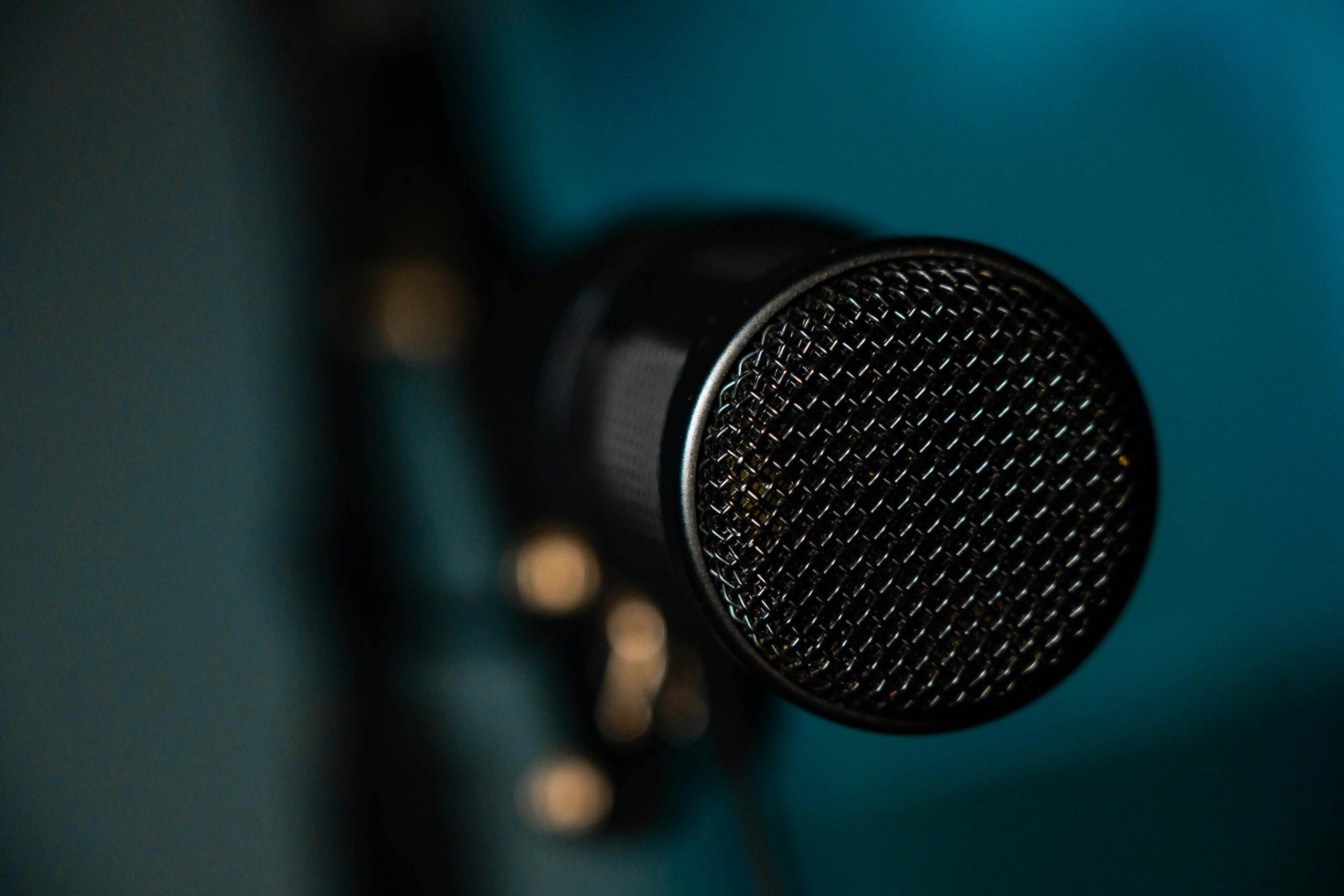
Do You Really Know Who You’re Talking To?
By David Kidd, BPR

I was chatting recently to a new client and it became obvious that there was no clear definition within the station of who their target audience actually was. None of the presenters or producers could agree on who they were talking to.
In radio—both music and talk—clarity about your audience is not just helpful, it’s essential. Yet in too many cases, presenters and producers don’t have a sharp picture of exactly who they’re speaking to. They rely on gut feel, outdated assumptions or vague stereotypes (“25–54s” isn’t a person – as someone said decades ago, “it’s a family reunion”). The result? Content that misses the mark, lacks connection, and, crucially, fails to build loyalty.
Radio is a Personal Medium
Radio isn’t mass media anymore. In a world of podcasts, streaming, social media and on-demand everything, radio must work harder than ever to stay relevant. That means knowing exactly who’s on the other side of the mic. Whether you’re doing afternoons on a CHR station or hosting a morning conservative leaning Talk show, you’re not speaking to “everyone.” You’re speaking to someone. And if you don’t know who that someone is, your message won’t land.
Why It Matters
- Connection: Audiences connect with voices that reflect their values, lifestyle and their view of the world. When the tone, references and topics align with the listener’s life, the relationship deepens.
- Relevance: Programming decisions—music choice, contesting/promotions, topic selection, caller interaction—must resonate with your target. A hot-button issue for a 40-year-old working mum might be white noise for a 22-year-old student.
- Efficiency: In tight formats, there’s no time for filler. Understanding your audience means you can cut to the chase, making every break, every link, every song selection count.
Music Radio: It’s Not Just About the Music
While on music stations, the songs may be perceived as doing all the heavy lifting, the presenter provides a crucial role in providing context, personality and meaning. Are you on a youth-leaning alternative station where sarcasm and subculture references resonate? Or an AC station where warmth, relatability and clarity are key?
Music scheduling—tempo, era balance, genre blend—should reflect a clearly defined listener profile. A station trying to be all things to all people ends up standing for nothing.
Talk Radio: The Danger of Assumptions
Talk radio often assumes it knows its audience—“they’re rusted-on,” “they love a strong opinion,” “they hate political correctness.” But audiences evolve. Their habits shift, their priorities change. The success of talk radio lies not in shouting at an audience but speaking with them, in their language, about the things they care about now.
Producers play a key role here. Topic selection, guest choices, pacing—all must be audience-first. And yet, many producers chase what they find interesting, not what the audience needs or wants. Data, insights and listener feedback should guide the editorial process.
Create a Clear Vision
- Build listener personas: Not just demographics, but psychographics. Who are they? What do they do? What are they worried about? What delights them?
- Use research: Perceptual studies, music tests, focus groups—when interpreted well—can give critical insights into audience preferences and perceptions.
- Get out of the bubble: Presenters and producers should spend time listening to the station as a listener would, and engaging with real people in the target group.
- Review content through the audience lens: Before every show, ask, “Why will our audience/our target listener care about this?”
Final Thought
In a media environment where attention is a scarce commodity, understanding your audience isn’t a luxury, it’s a survival skill. Great radio, whether it’s a five-minute break on an FM breakfast show or a long-form interview on a talk station, starts with empathy. It starts with knowing who you’re talking to.
Because if you’re not talking to someone, you’re talking to no one.
Discussion
No comments on this post yet, start a discussion below!